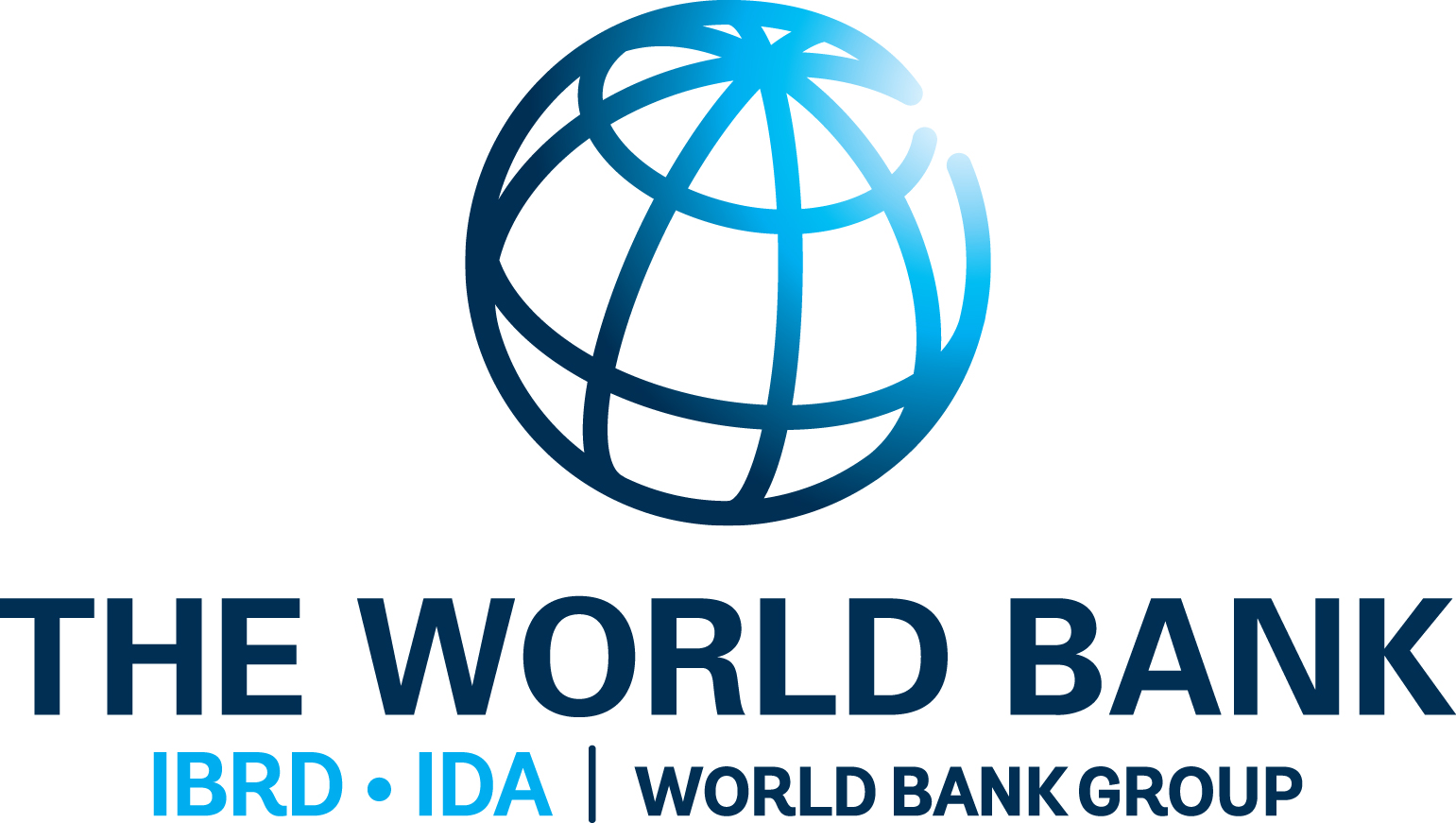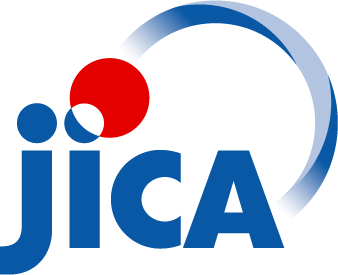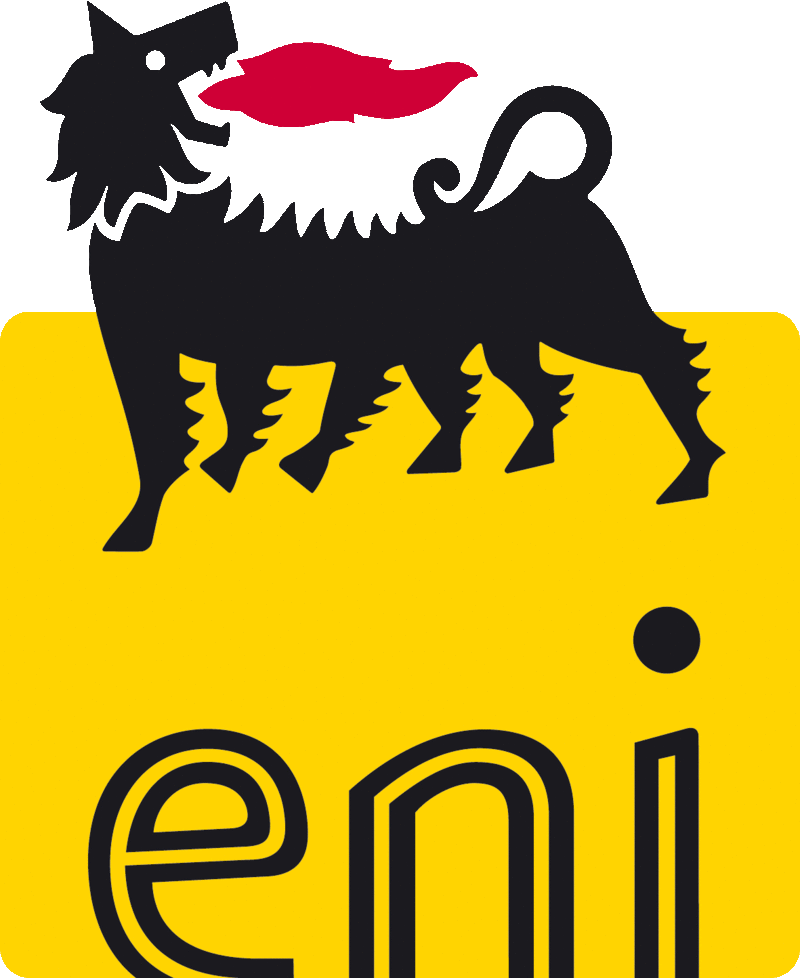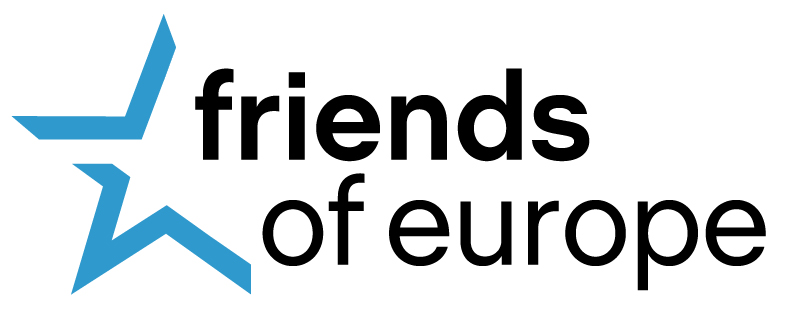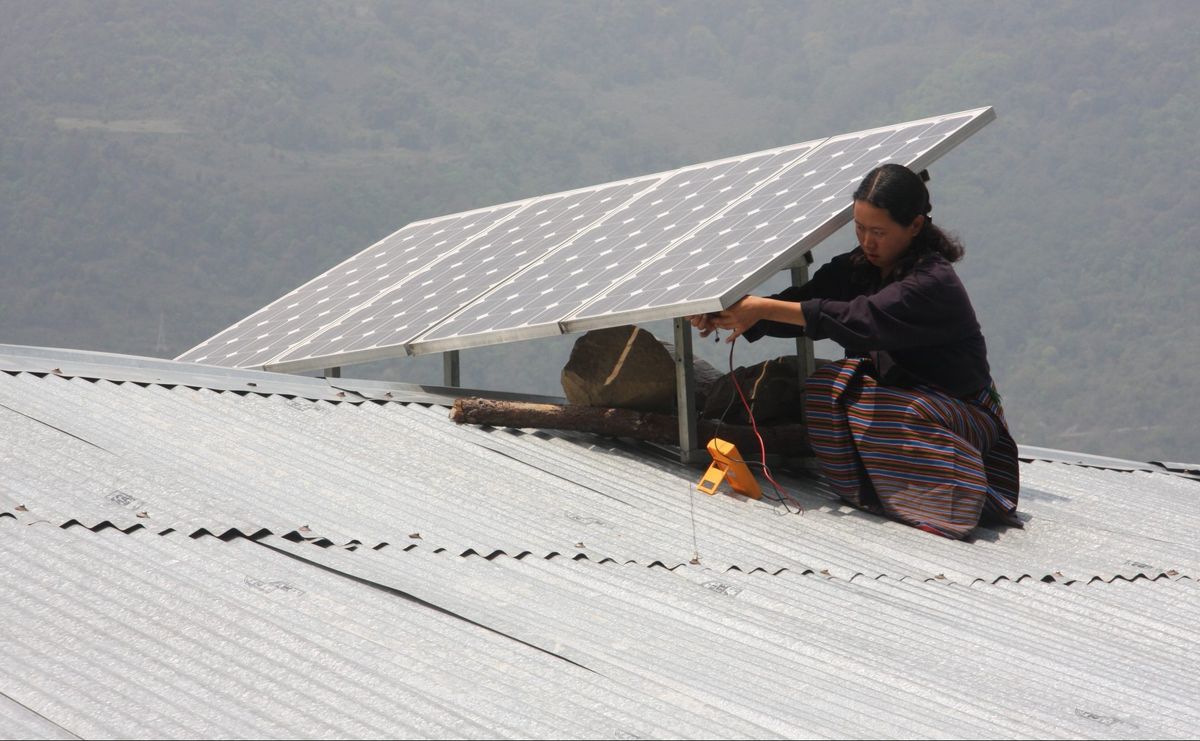
Summary
How to turn energy access for all from a dream into reality
It’s a tough ask for developing countries to tackle the climate crisis and to ensure energy for all (UN SDG7), but it can be done. Five panellists, with expertise in the African public and private sectors, shared ideas on achieving these two key goals.
“Climate action is front of mind, because of this month’s UN COP25 talks, but many developing countries still face energy poverty challenges,” said the moderator Shada Islam, Director of Europe & Geopolitics at Friends of Europe. Around 840 million people globally still lack access to electricity. Is there any hope of achieving SDG 7 – of ensuring access to affordable, reliable, sustainable and modern energy for all – by 2030?
“We can tackle climate issues and energy poverty by transitioning the energy sector from fossils fuels to zero-carbon to reduce greenhouse gas emissions,” replied Carla Montesi, Director for Planet and Prosperity at the European Commission Directorate-General for International Cooperation and Development (DG DEVCO) . In her view, this is a great opportunity to achieve SDG7 – and several other SDGs, while meeting the EU’s mid-century climate action goals. Yet it will require an integrated approach, including reforms to governance and regulatory frameworks.
Africa Energy Outlook 2019
There was also optimism from Stéphanie Bouckaert, Senior energy Analyst and Co-Lead of Africa Outlook at the International Energy Agency (IEA): “Our new report concluded there is big potential growth for African energy demand.” This growth should stem from a soaring population by 2040, plus rapid urbanisation and industrialisation – all driving Africa’s need for more energy and unlocking economic growth.
The IEA report says this growth will be fuelled by renewable energies, energy efficiency, and natural gas. If African governments focus on these three areas, there is every chance the continent will achieve Agenda 2063 development plans as well as SDG 7, added Bouckaert.
Renewables were often highlighted, especially solar energy, which has enormous potential in the continent’s sunny skies. But Africa has only 5 GW installed solar capacity, little more than Belgium. Its other renewables, like wind and hydro, are under-developed too. Panellists also lamented Africa’s lack of electricity transmission and distribution capacity. This is an area the EU has addressed, investing €3bn in African energy projects since 2012. Further investment is expected under the EU’s new Green Deal and a European Commission committed to more support for Africa’s climate action, environment and biodiversity.
Smarter funding
Investment is key for Africa and its energy sector, but extra funds won’t suffice. According to Michael Franz, Team Leader of GET.Invest (a European programme that mobilises investments in decentralised renewable energy projects), “Early stage money is really helpful for projects. We must also create the right conditions for business, including sound regulation, so money will flow into investments.” There is no lack of money available, but international donors and lenders should also fund smaller projects, not just big infrastructure. Further investment solutions could include diaspora entrepreneurs and innovative funding, such as the European Investment Bank’s new energy lending policy, concentrated on clean energy.
“€2bn a year flows into South Sudan, but there’s no money for renewables and little government interest in it,” said Peter Sam Mutoredzanwa, UNOPS Country Director for the country. The best way to support energy there is direct help for local communities, in partnership with private companies, though this is tricky in war-torn South Sudan. Nevertheless, he reckoned only “dreamers” think SDG 7 can be achieved there by 2030.
Public-private partnerships were widely recommended for Africa’s energy development, alongside clean cooking solutions. Today 900 million Africans rely on stoves that burn wood, charcoal or dung. “They’re harmful to human health and the environment. We advocate cleaner cooking, such as with natural gas, and assisting the transport sector to be energy efficient and use more renewable energy,” said Luca Giansanti, Senior Vice-President and Head of Government Affairs of Eni.
Download also our ‘Energy for development: Ten years left to achieve SDG7’, available here.

Should you have any problems viewing this album, please click here
About
This event is part of our Development Policy Forum (DPF), which brings together a number of important development actors, including the Deutsche Gesellschaft für Internationale Zusammenarbeit (GIZ), the Japan International Cooperation Agency (JICA), the European Investment Bank (EIB), the United Nations and the World Bank. Reflecting the growing role of the private sector in development, the DPF has now welcomed Coca-Cola and Eni to the forum. The DPF contributes to the global and European conversation on inclusive development. Through its activities and publications, the DPF reflects the rapidly-changing global debate on growth and development and seeks to encourage a multi-stakeholdered, fresh, up-to-date thinking on the multiple challenges facing the development community.
Read
- UNOPS’s Under-Secretary-General and Executive Director Grete Faremo’s insight: The public wants climate action, private-public partnerships can give it to them.
- BURN Manufacturing’s CEO and Founder Peter Scott’s insight on How clean cooking stoves could save millions of lives.
- JICA’s Director of the Energy and Mining Group Susumu Yuzurio’s insight on the Challenges for international cooperation in the Asian power sector.
- UNIDO’s Patrick Nussbaumer and Eleanor Vickery’s insight on Catalysing socio-economic change through the productive uses of widened energy access.
- GIZ’s Energy and Transport Advisor Dennis Knese’s insight on An essential puzzle piece: electromobility’s role in decarbonising energy and transport.
- TERI’s Director of Rural Energy and Livelihoods Debajit Palit’s insight on The journey towards universal electrification in India.
- Eni’s Executive Vice-President for International Affairs Lapo Pistelli’s insight on Energy for Africa – let’s put access into perspective.
- ESA’s Director of Earth Observation Programmes Josef Aschbacher’s insight on The role of space programmes in energy and development.
- IEA’s perspectives onAfrica’s opportunity for a bright and sustainable future.
Photo credit: Flickr/Asian Development Bank
Our events include photos, audio and video recording that we might use for promotional purposes. By registering, you give your permission to use your image. Should you have any questions, please contact us.
Schedule
The Paris Agreement, which will officially enter into force in 2020, asks that each country contribute to tackling climate change. Ensuring its success requires collaboration in the fields of social, technological and financial innovations, strong commercial development and the fast application of solutions and policy measures. Sustainable Development Goal 7 (SDG 7) aims to ensure access to affordable, reliable, sustainable and modern energy for all. With only ten years left to achieve this goal, developing and emerging economies must meet the needs of their growing populations while being part of the solution to the global climate emergency. These goals will come through capacity building, knowledge transfer infrastructure investment, processes which must be supported by the international community.
Questions include:
- What energy scenario and policy measures must be implemented to achieve SDG 7 by 2030?
- What should we expect from Europe at COP25 on the matter of energy for development?
- What is the role of the private sector in fostering innovation for a brighter low-carbon energy future?
Speakers
Stéphanie Bouckaert
Senior Energy Analyst and co-lead of Africa Outlook at the International Energy Agency (IEA)
Michael Franz
Team Leader of GET.invest
Carla Montesi
Director for Planet and Prosperity at the European Commission Directorate-General for International Cooperation and Development (DEVCO)
Peter Sam Mutoredzanwa
Country Director for South Sudan at the United Nations Office for Project Services (UNOPS)
Lapo Pistelli
Executive Vice-President for International Affairs of Eni and former deputy Italian minister of foreign affairs
Moderator
Shada Islam
Managing Director at New Horizons Project
Speakers
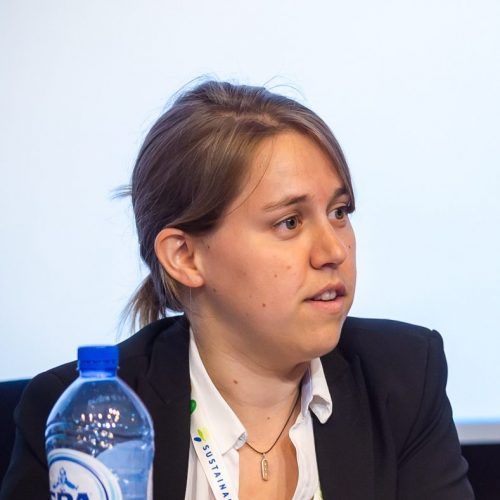
Senior Energy Analyst and co-lead of Africa Outlook at the International Energy Agency (IEA)
Stéphanie Bouckaert works in the Directorate of Sustainability, Technology and Outlooks. She is currently working on coordinating end-use modelling and analysis for the World Energy Outlook, the IEA’s flagship publication. In this year’s edition, she co-led the publication’s special focus on Africa. She has further contributed to analysis on climate change, air pollution, and energy access.
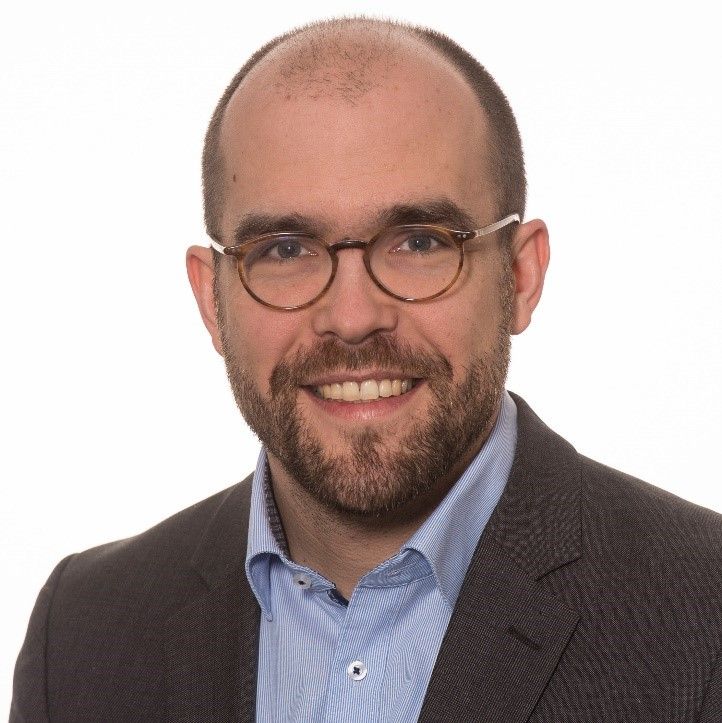
Team Leader of GET.invest
Michael Franz is an expert on energy access in developing countries, with over 10 years working experience on the field and in Brussels. His expertise spans from project development, policy frameworks, and financing, to the mobilisation of private and public investment in renewable energy and energy access projects, in particular in sub-Saharan Africa. Currently, he leads a team at GET.invest, a European programme supporting access to funds for decentralised renewable energy projects and businesses in developing countries. Prior to this, he worked for Deutsche Gesellschaft für Internationale Zusammenarbeit (GIZ) on a number of energy initiatives in East Africa.
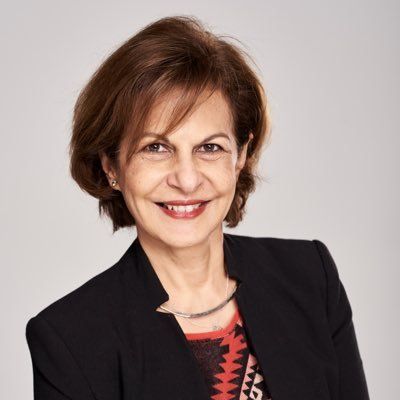
Managing Director at New Horizons Project
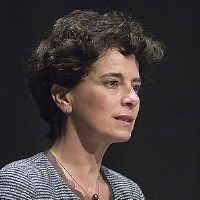
Director for Planet and Prosperity at the European Commission Directorate-General for International Cooperation and Development (DEVCO)
Formerly working as a lawyer in Italy, Carla Montesi has acquired diverse experience in the field of EU external policy for development and cooperation both at Headquarters in Brussels and in EU Delegations in Africa, including as Director of the Directorate-General for Maritime Affairs and Fisheries, where she was responsible for fisheries conservation, control and structural actions for the Mediterranean and Black Sea. In her current role, Montesi oversees all of the European Commission’s work in West and Central Africa.
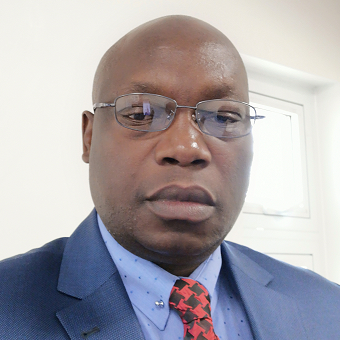
Country Director for South Sudan at the United Nations Office for Project Services (UNOPS)
With over 30 years of experience working on natural, socio-economic, and humanitarian crises in the private, institutional and non-governmental sectors, Peter Sam Mutoredzanwa has a deep understanding of the role energy access plays in development. Currently working in South Sudan, his projects focus on infrastructure and connectivity, by addressing inequalities that disproportionately affect women and girls. Prior to joining UNOPS, Mutoredzanwa worked on community development in war situations in South Sudan, and supported the repatriation of refugees in Mozambique.
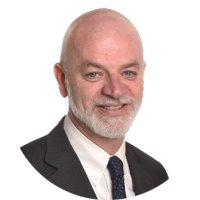
Executive Vice-President for International Affairs of Eni and former deputy Italian minister of foreign affairs
Having been a member of the Italian as well as the European Parliament, Lapo Pistelli has a wealth of experience in European and international affairs. During his time as MEP he was the president of the EU-South Africa Delegation and a member of the Italian Delegation to the OSCE, where he conducted several monitoring missions in transitional democracies. Pistelli regularly contributes to research centres specialised in international relations whilst he also is a board member of the European Council on Foreign Relations.
Partners
Continue
the debate on
- Debating Europe


